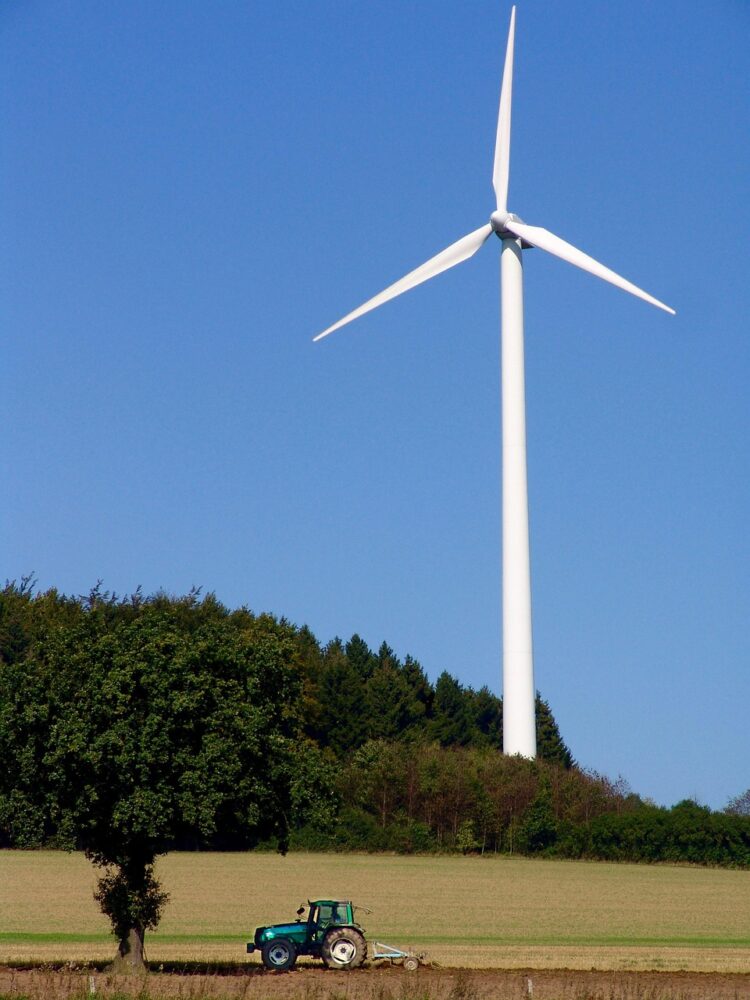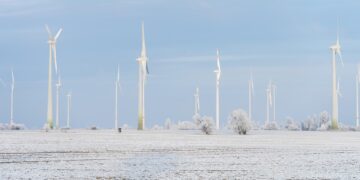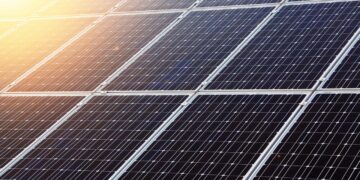Harnessing Breezes: Innovations in Small-Scale Wind Energy
Amid growing environmental concerns and the escalating demands for sustainable energy solutions, small-scale wind energy is carving a niche in the renewable energy landscape. Unlike its large-scale counterparts, small-scale wind turbines offer unique opportunities for residential, community, and small business applications, promoting energy self-sufficiency and reducing carbon footprints. This article explores recent innovations in small-scale wind technology, addresses common questions, and highlights the impact these systems can have on achieving energy sustainability.
What is Small-Scale Wind Energy?
Small-scale wind energy involves the use of compact wind turbines to generate electricity in a range limited typically from just a few kilowatts to several tens of kilowatts. These systems are ideal for individual homes, small enterprises, or remote applications where grid connection is impractical or too costly. By converting kinetic energy from wind into electricity, these turbines provide a clean, renewable source of power that can either supplement the grid supply or function completely off-grid with battery storage.
Recent Innovations in Wind Turbine Technology
The field of small-scale wind energy has seen numerous technological advancements aimed at increasing efficiency, reducing costs, and minimizing environmental impacts.
Vertical Axis Wind Turbines (VAWTs)
One significant innovation is the development of Vertical Axis Wind Turbines (VAWTs). Unlike the traditional horizontal-axis turbines, VAWTs are omnidirectional, meaning they do not need to be oriented towards the wind to be effective. This feature makes them particularly suitable for urban settings and turbulent wind conditions where wind directions frequently change.
Bladeless Wind Turbines
Another breakthrough is the advent of bladeless wind turbines. These turbines use vibrations to generate power and are almost completely silent, thereby reducing noise pollution—a common issue with conventional wind turbines. Their lack of moving parts significantly decreases maintenance costs and extends the lifespan of the equipment.
Enhanced Materials and Design
Advances in materials science have also paved the way for lighter yet stronger turbine blades. Such improvements not only enhance the durability and longevity of the turbines but also improve their efficiency and energy output.
Benefits of Small-Scale Wind Systems
Small-scale wind systems possess several benefits that make them particularly appealing for individual and community use:
- Eco-Friendly: They produce zero emissions, helping to reduce air pollution and greenhouse gas emissions.
- Energy Independence: They offer users the chance to become self-sufficient in energy, reducing reliance on fossil fuels and unstable energy markets.
- Cost-Effective: Following initial setup costs, these systems require minimal maintenance and provide free electricity, leading to substantial savings over time.
- Adaptable: They can be installed in various settings, including urban rooftops, rural areas, and industrial zones, each design tailored to specific environmental conditions.
Common Questions About Small-Scale Wind Energy
Is wind energy reliable?
Yes, when properly sized and placed, small-scale wind turbines can provide a reliable and consistent source of power. In areas with irregular wind patterns, systems can be supplemented with other forms of renewable energy or battery storage to ensure a constant energy supply.
What is the cost of a small wind turbine system?
The cost varies based on the system’s capacity and site-specific requirements, but typically ranges from a few thousand to tens of thousands of dollars. Government incentives and decreasing technology costs are making these systems more affordable than ever.
How long do wind turbines last?
Small-scale wind turbines generally have a lifespan of 20 to 25 years. Regular maintenance can help extend their operational life and maximize effectiveness.
Case Studies: Success Stories Around the Globe
From households in the Scottish Highlands to schools in rural Africa, small-scale wind energy is making a profound impact. For example, a small community in Texas installed several turbines that now power all their homes and local businesses, effectively eradicating their electricity bills and significantly reducing their environmental footprint.
Conclusion
As technology continues to evolve and the world becomes more conscious of the environmental impacts of fossil fuels, small-scale wind energy stands out as a viable and promising alternative. With ongoing innovations making these systems more efficient, affordable, and accessible, they are set to play a crucial role in the global shift towards sustainable energy. Harnessing the power of small breezes could indeed lead to significant changes in how communities, businesses, and individuals worldwide power their lives.
Embracing small-scale wind energy today may well be a stride toward a cleaner, more sustainable tomorrow. Whether you’re a homeowner investigating renewable options, a community leader looking to reduce energy costs, or a business aiming to boost your green credentials, small-scale wind systems offer compelling benefits worth considering.









